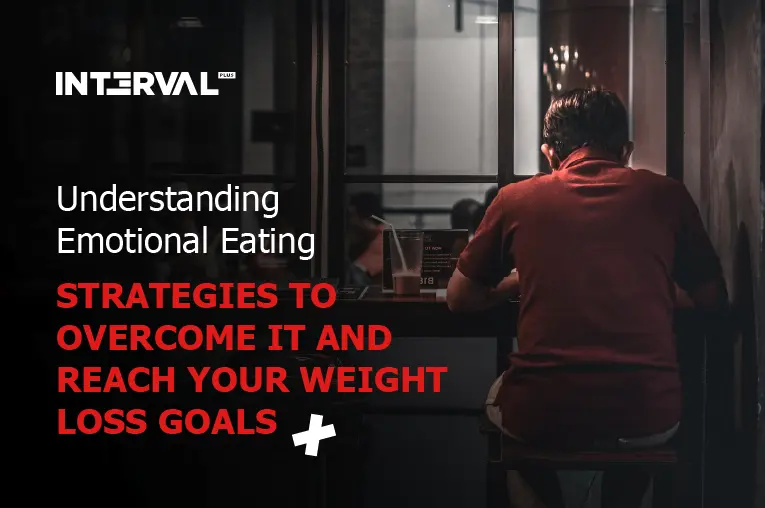Food and emotions often go hand in hand, and many of us have experienced turning to food for comfort or distraction during times of stress, sadness, or boredom. This behavior, known as emotional eating, can hinder our weight loss goals and lead to a cycle of unhealthy habits. In this blog post, we will delve into the connection between emotions and eating, explore common triggers of emotional eating, and provide practical strategies to overcome it. By understanding emotional eating and developing alternative coping mechanisms, you can cultivate a positive relationship with food and take significant steps towards achieving your weight loss goals.
1. Recognizing Emotional Eating Triggers:
The first step in overcoming emotional eating is to identify the triggers that lead to it. Emotions such as stress, boredom, loneliness, sadness, and even happiness can all play a role in prompting us to turn to food for comfort. By becoming aware of these triggers, you can better understand your emotional eating patterns and take proactive steps to address them.
2. Cultivating Emotional Awareness:
Developing emotional awareness is key to managing emotional eating. Take time to check in with yourself and identify the specific emotions you are experiencing. Are you truly hungry, or is something else driving your desire to eat? Journaling, mindfulness practices, and seeking support from a therapist or counselor can help you gain insight into your emotions and the underlying reasons behind your eating habits.
3. Find Alternative Coping Mechanisms:
Instead of relying on food to cope with emotions, seek out alternative strategies that are healthier and more effective in managing your feelings. Engage in activities that bring you joy, such as exercising, reading, practicing yoga, listening to music, or spending time with loved ones. Find hobbies or creative outlets that provide a sense of fulfillment and serve as a distraction from emotional eating triggers.
4. Create a Supportive Environment:
Surround yourself with a supportive network of friends, family, or a support group who understand your weight loss goals and can provide encouragement and accountability. Having someone to talk to when you’re feeling overwhelmed can help you process your emotions without turning to food for comfort.
5. Mindful Eating Practices:
Practicing mindful eating can help you develop a healthier relationship with food and break the cycle of emotional eating. Before reaching for a snack, pause and ask yourself if you’re truly hungry. Eat slowly, savor each bite, and pay attention to your body’s cues of fullness. Focus on nourishing your body with wholesome, nutritious foods rather than using food as a means of emotional support.
6. Seek Professional Guidance:
If emotional eating persists despite your efforts, consider seeking professional guidance from a registered dietitian or therapist who specializes in disordered eating or emotional wellness. They can provide tailored strategies and support to help you navigate your specific challenges and develop a healthier relationship with food.
Ultimately, understanding emotional eating is a crucial step towards overcoming it and reaching your weight loss goals. By recognizing triggers, developing emotional awareness, and cultivating alternative coping mechanisms, you can break free from the cycle of emotional eating. Embrace mindful eating practices, create a supportive environment, and seek professional guidance when needed. Remember, your journey towards a healthier relationship with food is unique, and with dedication and self-compassion, you can overcome emotional eating and achieve long-lasting weight loss success.


